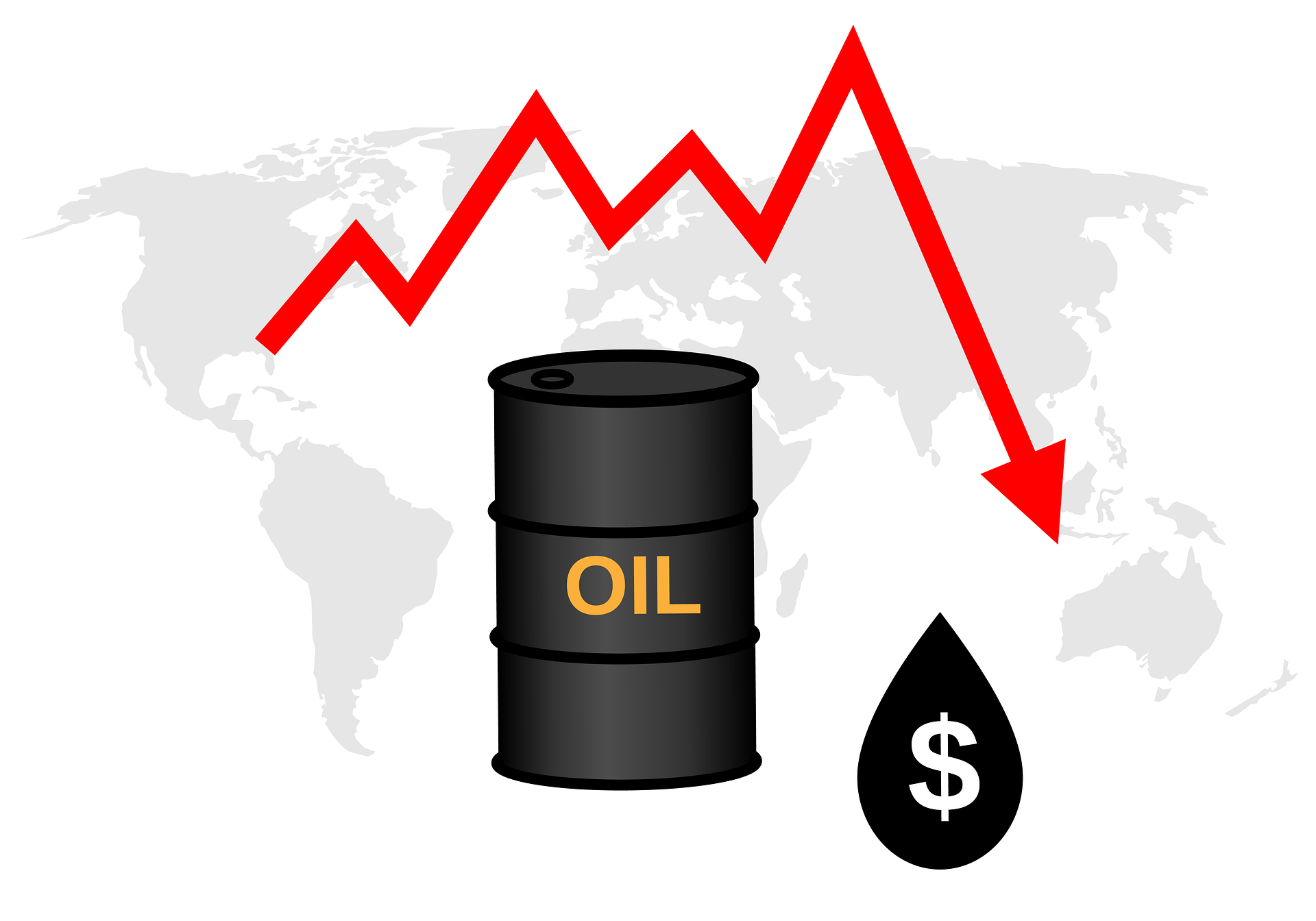The Oil Crisis: Between Exaggeration and Rooting
Is There an Oil Crisis or Energy Crisis?
In the past few years, the media reported on the crisis of the decline in oil and its prices reaching negative levels. The topic quickly moved to social media among the general public, and the topic was met with mixed confusion. The reality of the crisis dates back historically to the Russian Federation’s rejection of OPEC’s decision to reduce production. That prompted the Kingdom of Saudi Arabia to take a courageous stance, which was to double production.
However, the transformation of the Coronavirus into a global pandemic led to a decline in oil demand. The global oil markets proceeded to go through an exceptional and unparalleled phase. This change was embodied in an increase in production and a decline in global demand estimated at approximately twenty-five million barrels. At this stage, the global economy entered what is called free fall, and thus most global indicators declined, reaching losses approaching the losses of the 2009 global crisis.
Since, the global economy has rebounded, demand for oil supplies, oil imports, and oil production has increased. The business law attorney at Khalaf Bandar | International Advisors PLLC can explain.
How Should Oil Companies Proceed?
Perhaps the question asked here is how the price of a barrel of oil reaches below zero. Most oil trades – trade of oil imports – take place through futures or option contracts. With future contracts, an agreement is made between the seller and the buyer on the number of barrels of oil supplies. The number is subject to the contract, the execution price, and the delivery time.
The point is that these days, contracts have entered into liquidation. The fullness of global warehouses in many countries, especially the United States, has prompted many buyers to dispose of the oil supplies that they cannot store. This is what prompted oil companies to sell at a negative price. Meaning, you collect the negative amount and take the barrel.
How is Oil Production Affected?
If we take, for example, a barrel of West Texas Intermediate crude, whose price reached approximately ($-40). This means that when you purchase oil supplies, you receive the barrel and pay $40 for it.
The reason for this is the combination of weak storage capacity with the presence of poor quality oil and/or the buyer’s refusal to receive it, as the U.S. President claims by refusing to receive contracted shipments of Saudi oil supplies. This incident could be repeated in June contracts if the situation continues as it is, with the worsening COVID crisis, a decline in demand, and the inability to reduce production.
Some believe that the reason is trading in oil futures contracts on the basis that they are prohibited sales. However, this is unacceptable because the real reason is the producers’ stubbornness. If oil imports had been traded in Istisna contracts, the situation would not have changed at all.
The Form of Contracts From Oil Companies
It is worth noting that futures contracts in their basic form do not differ much from Istisna’s sales at the beginning of the contract, as the type and quantity of oil, the date of receipt, and the selling price are agreed upon, and a portion of the amount is presented to the broker as a guarantee by the buyer.
However, when liquidating a contract, whether at the right time or earlier, the problem arises, and liquidating a contract can only occur in three forms:
- The first form: The contract is executed according to what was agreed upon between the oil company and its buyer. This is permissible and there is no dispute over it.
- The second form: The contract is liquidated by a reverse contract. This means the contract is concluded short, as the seller does not own the contracted quantity of oil, so when the liquidation time comes, he buys it and closes his position permanently.
- At first glance, it appears as if the first seller replaced the second seller in the contract, but this is not true if he bought the goods from the seller. The second appointed him to deliver it to the buyer, and similarly, the buyer sold the oil at the time of liquidation and before receipt to another person to replace him.
- The third form: The contract is liquidated by another contract. The contractor postpones liquidation until the next liquidation date for the new contract, hoping that prices will change in his favor.
With this, we conclude our talk about the oil crisis by rooting it and clarifying the features of future contracts, and we will continue talking about it next week, asking God Almighty to grant us security, faith, and health in our bodies, and reveal the distress of the nation. And do not forget, dear reader, that your adherence to preventive instructions is a duty. My country does not fail in it.
Contact the Business Attorneys at Khalaf Bandar | International Advisors PLLC to Discuss the Oil Crisis
The team at Khalaf Bandar | International Advisors PLLC pays close attention to the way the oil industry changes in the global market. Businesses, foreign and domestic, need to understand how oil imports are valued and may affect your business. If you’re looking to enter the Saudi economy, make sure to have an experienced attorney by your side who understands all aspects of business law. Khalaf Bandar | International Advisors PLLC stands ready to help.



